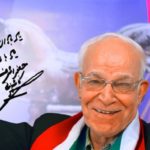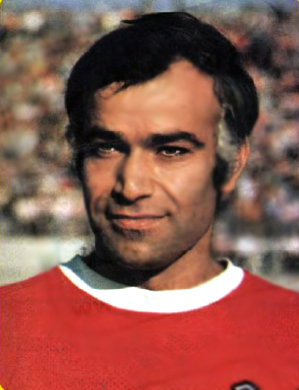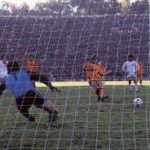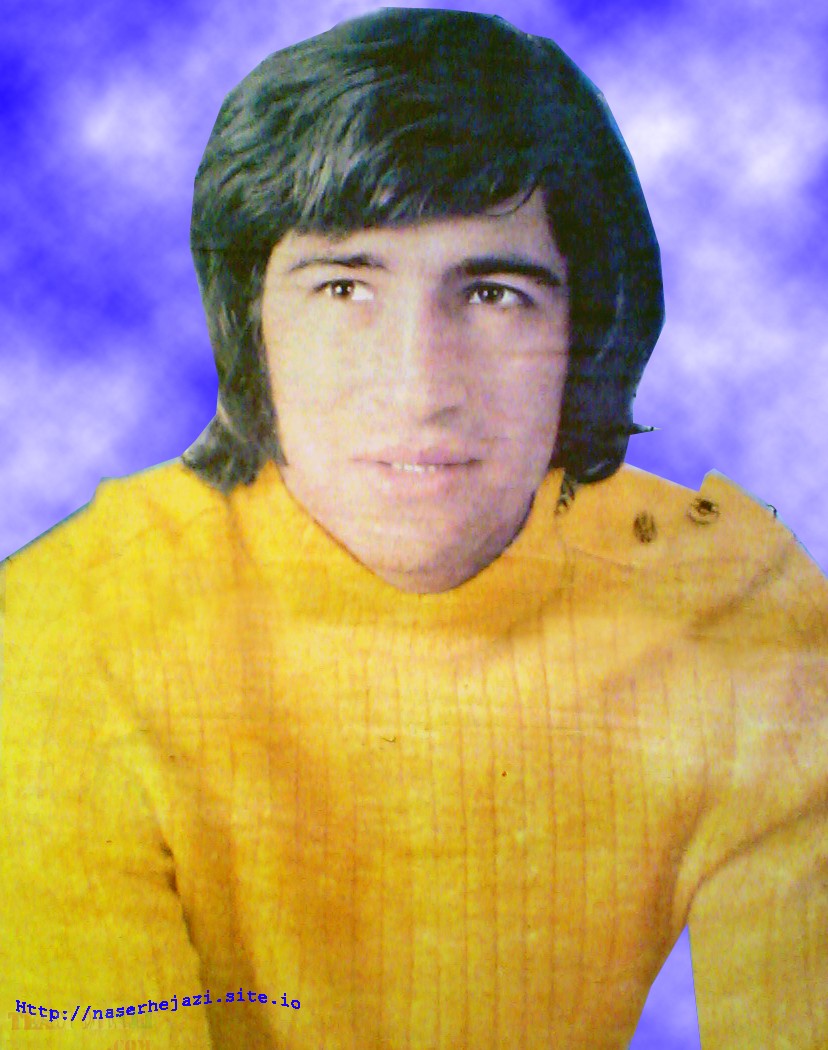Jafar Kashani , the former Team Melli defender of the golden era of Team Melli has died in Tehran on Wednesday.
After a long struggle with illness, Kashani finally succumbed in a Tehran hospital.
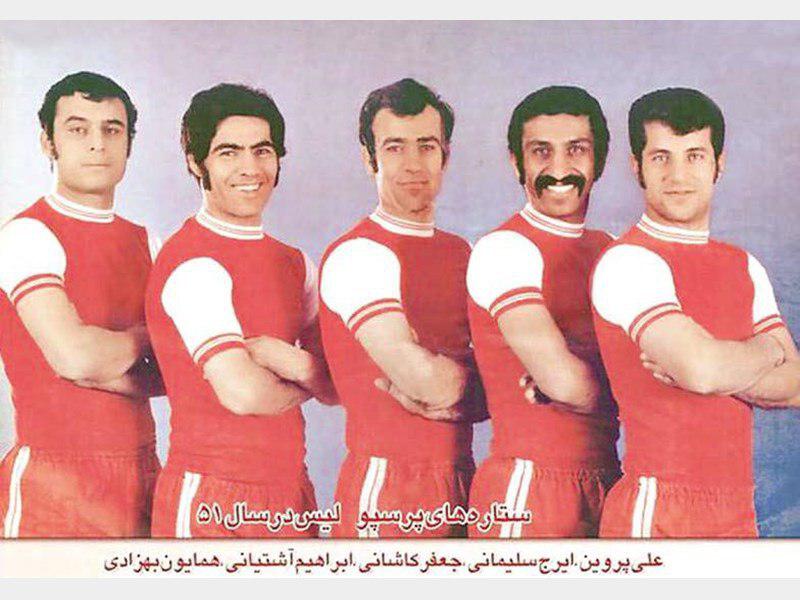
Jafar Kashani, one of the player discovered by the famous Dr.Abbas Ekrami, Shahin F.C.’s founder when he was only 16. After Shahin’s dissolution, Kashani joined Persepolis F.C. and played until 1974 when he was captain. With Team Melli , Kashani made his debut against Hong Kong on 10th May 1968 in the AFC Asian Cup tournament which Iran won for the first time. Kashani went on to win the AFC Asian Cup 1972 title for the second time in Thailand. He also was amemebrt of Team Melli in the 1976 Montreal Olympics followed by winning the 1974 Asian Games gold Medal title before he retired.
Kashani teammates in the golden age of Iran’s football include the late Homayoun Behzadi, Ebrahim Ashtiani, Aziz Asli, Parviz Ghleechkhani, Hossein Kalani, Mostafa Arab, Nasser Hejazi, Gholamhossein Mazloomi and Ali Parvin amongst others.
Kashani played at the centre of defence for 33 times. He was as a rock-solid defender and was amongst the very dedicated players who always gave his best.
After his retirement, Kashani was away from football for some time but was involved in the Management of Persepolis club in the last few years.
May he rest in Peace.

